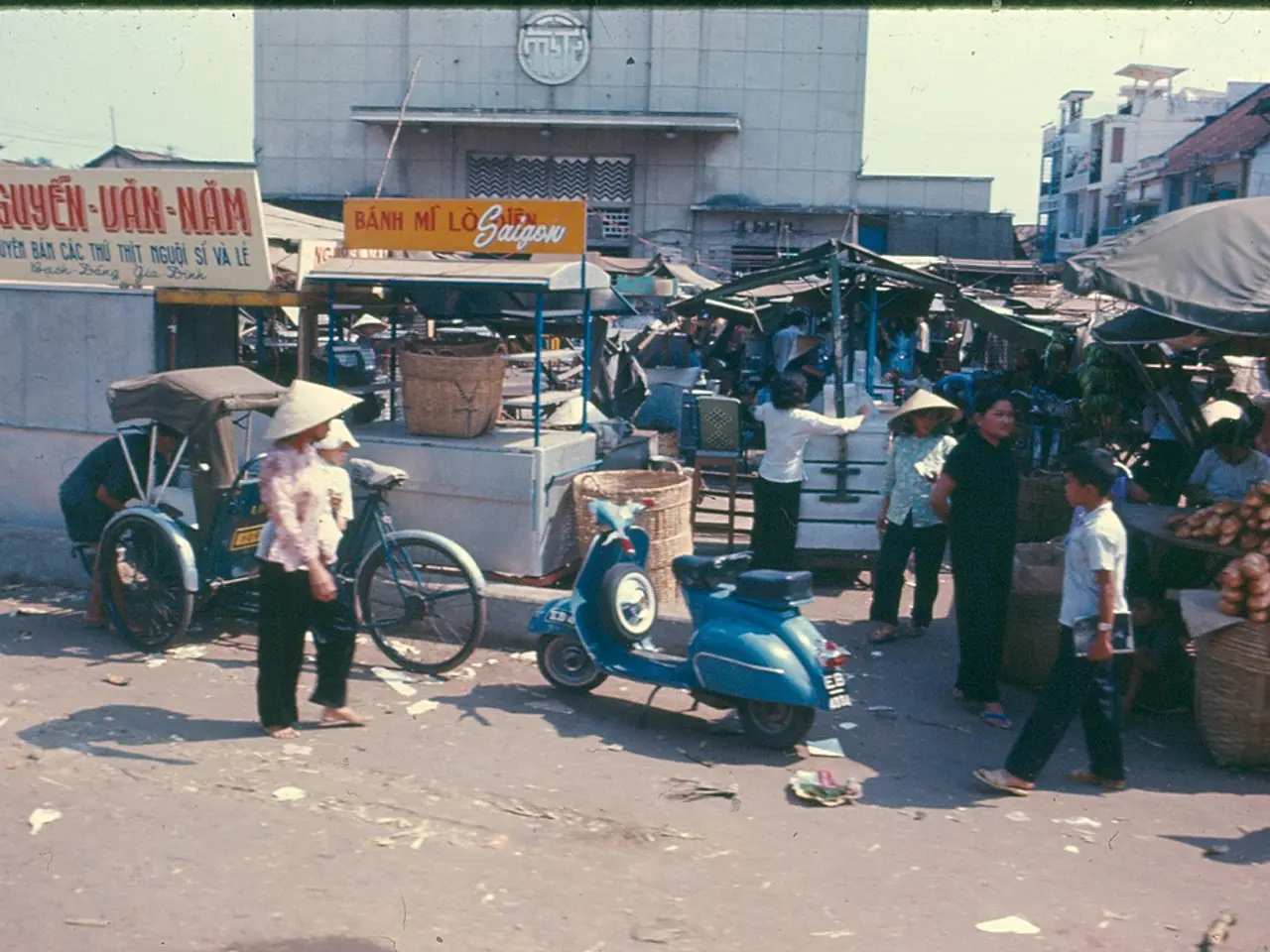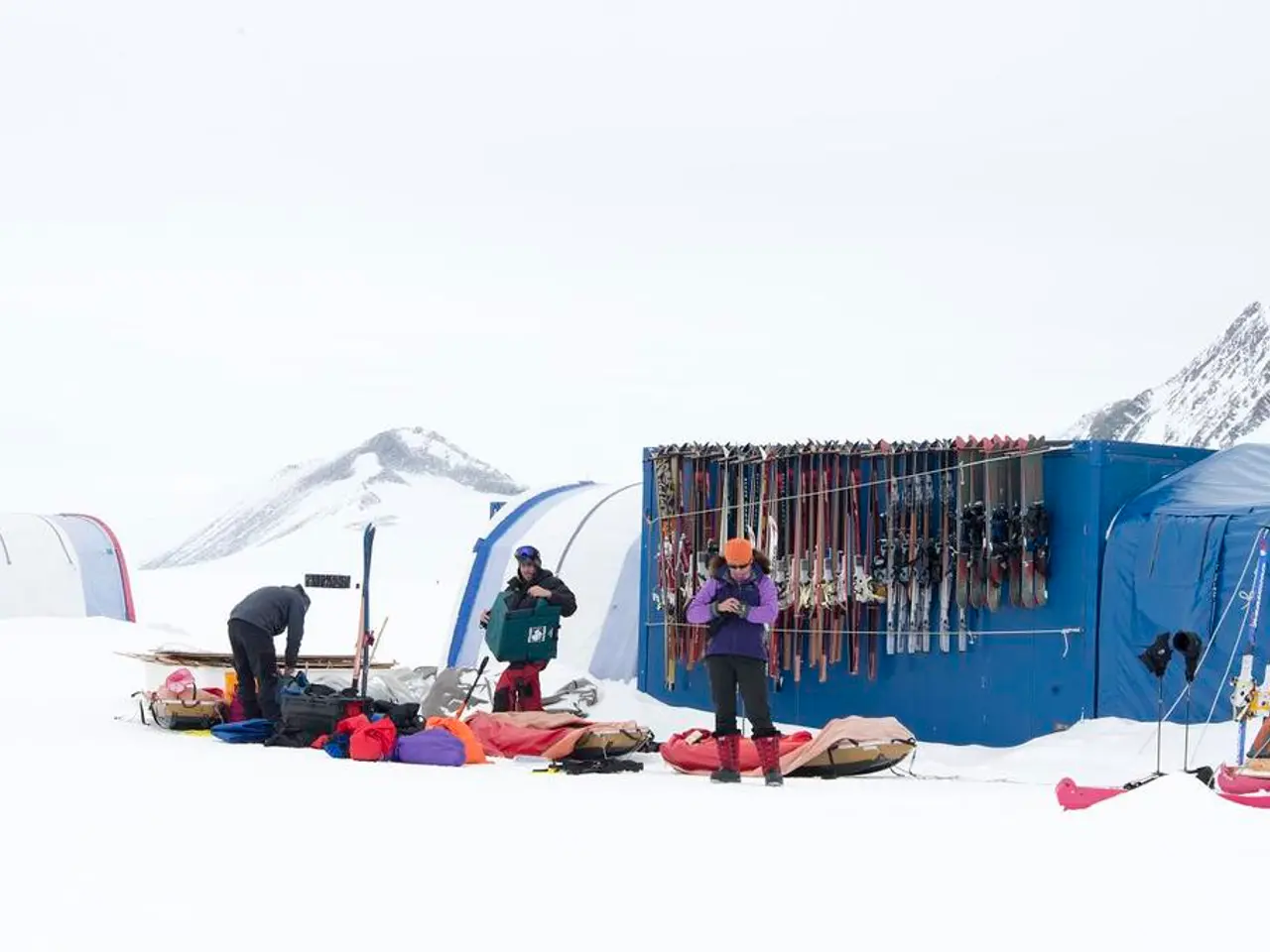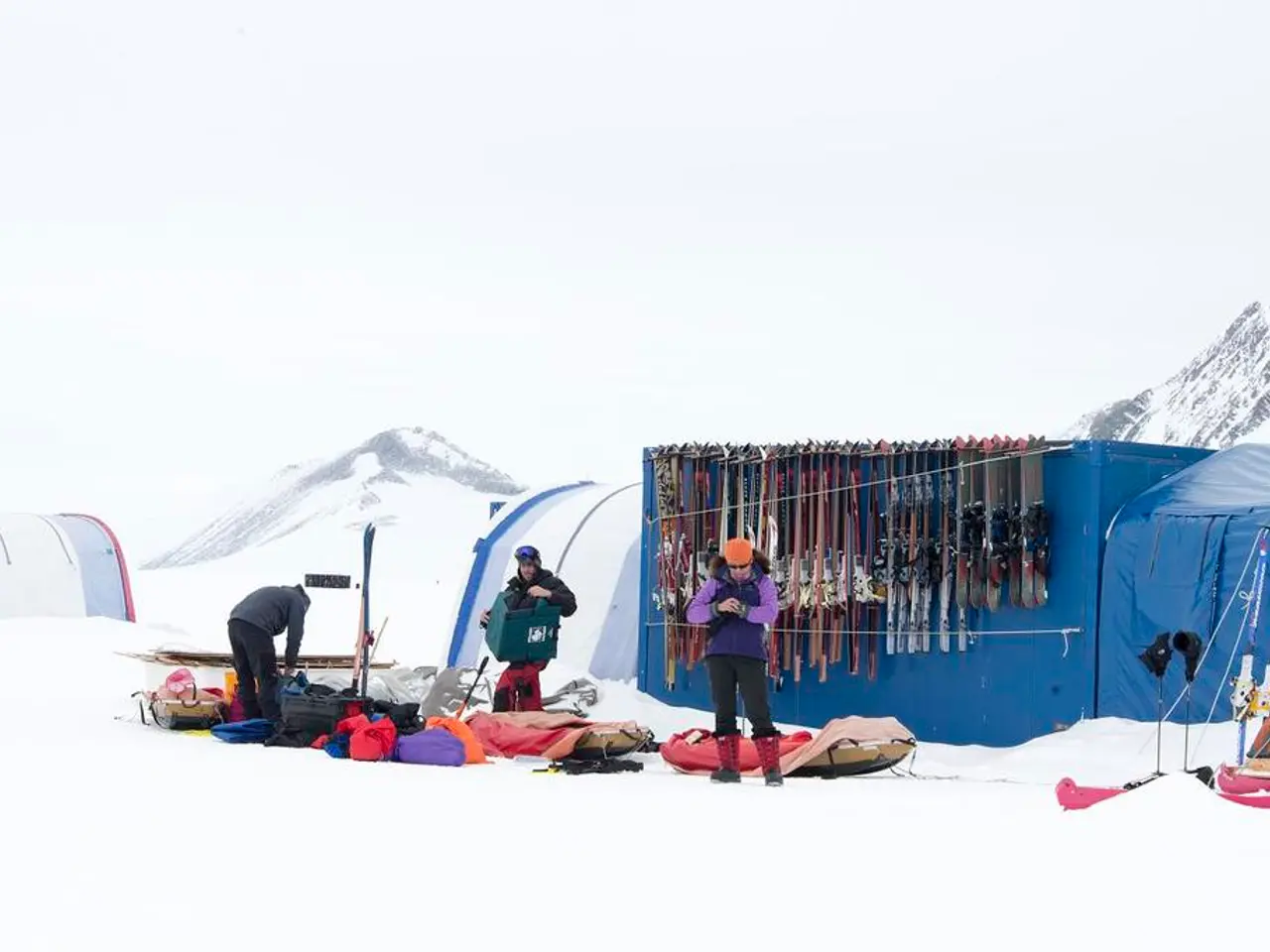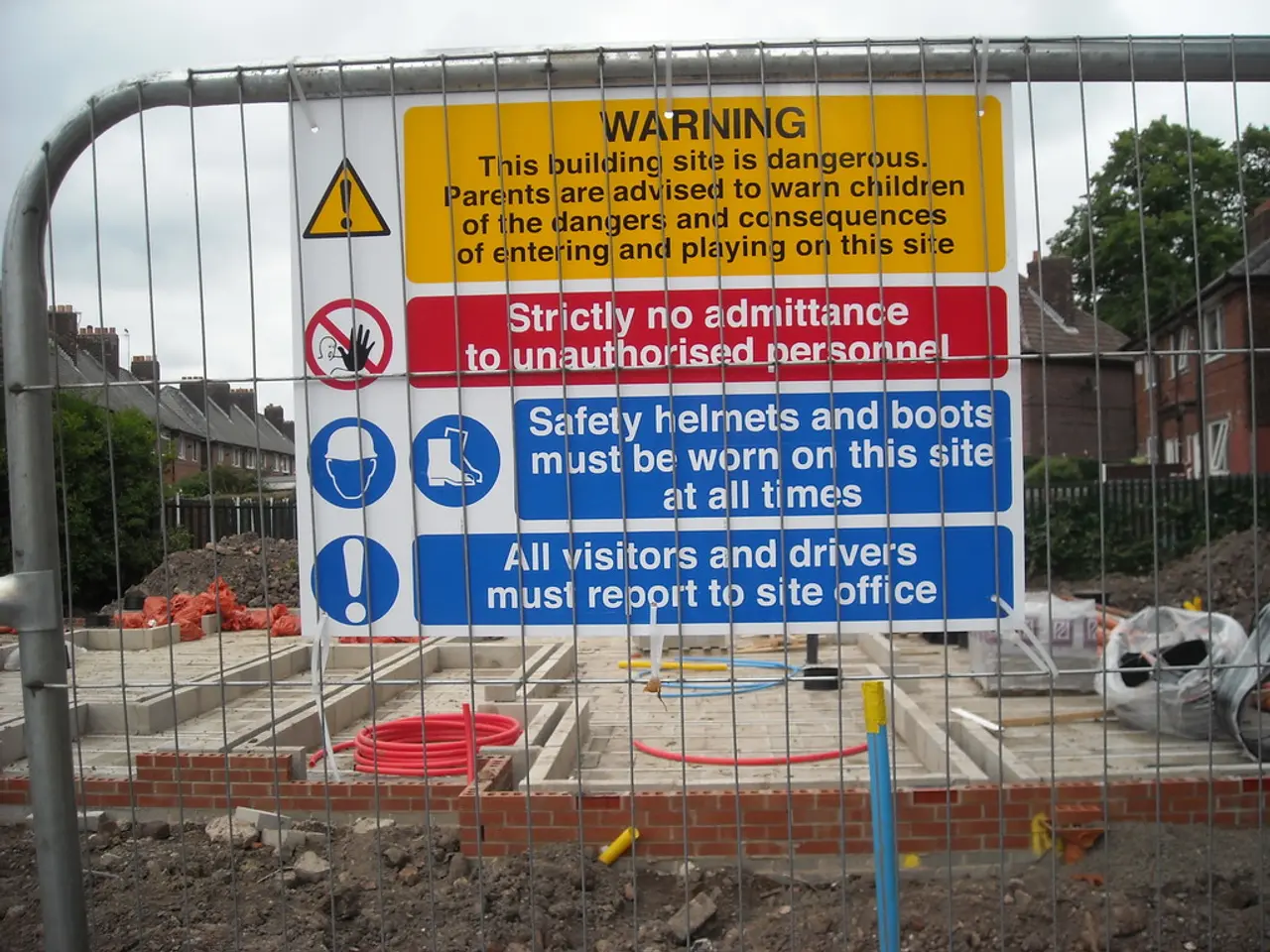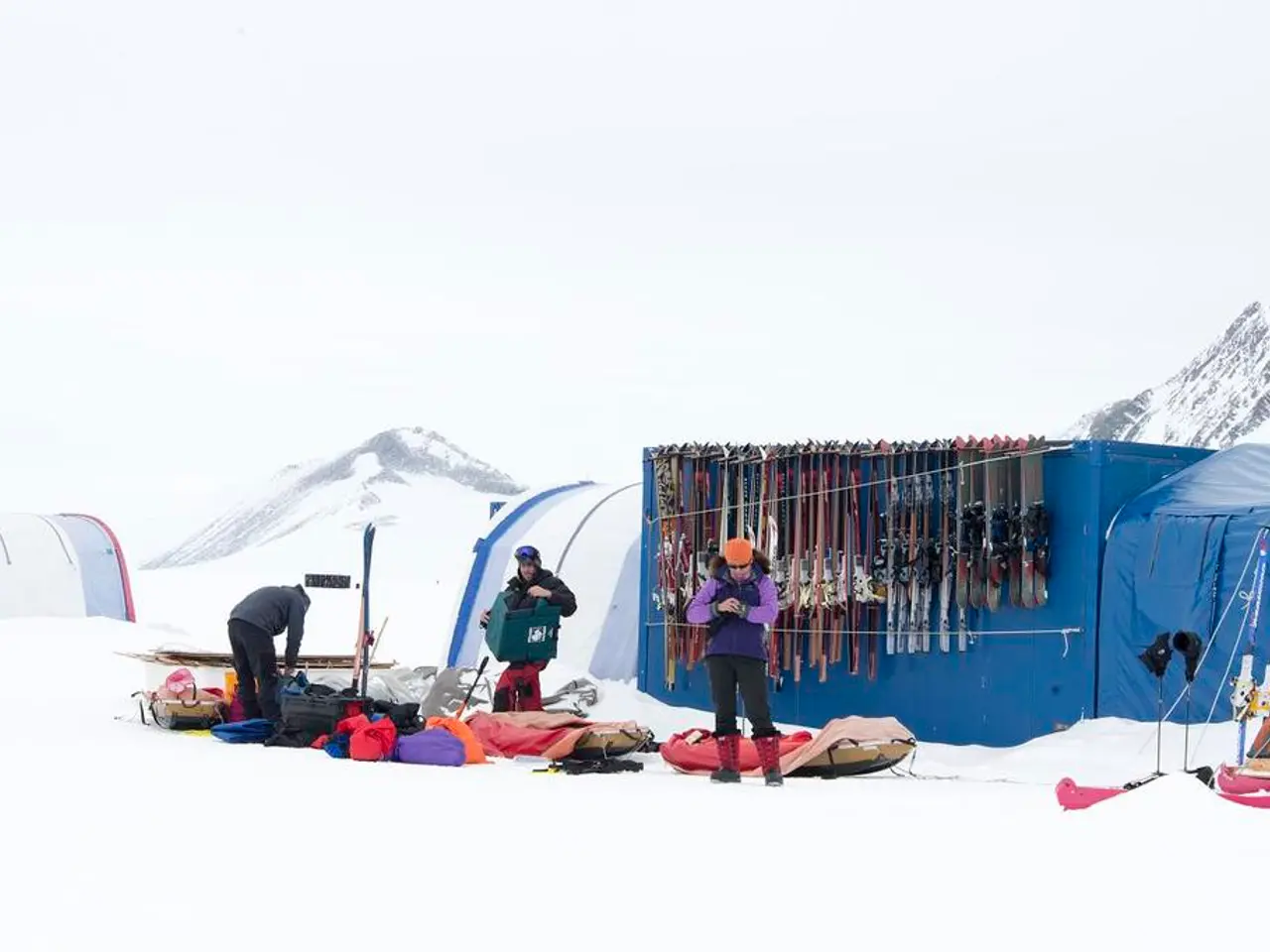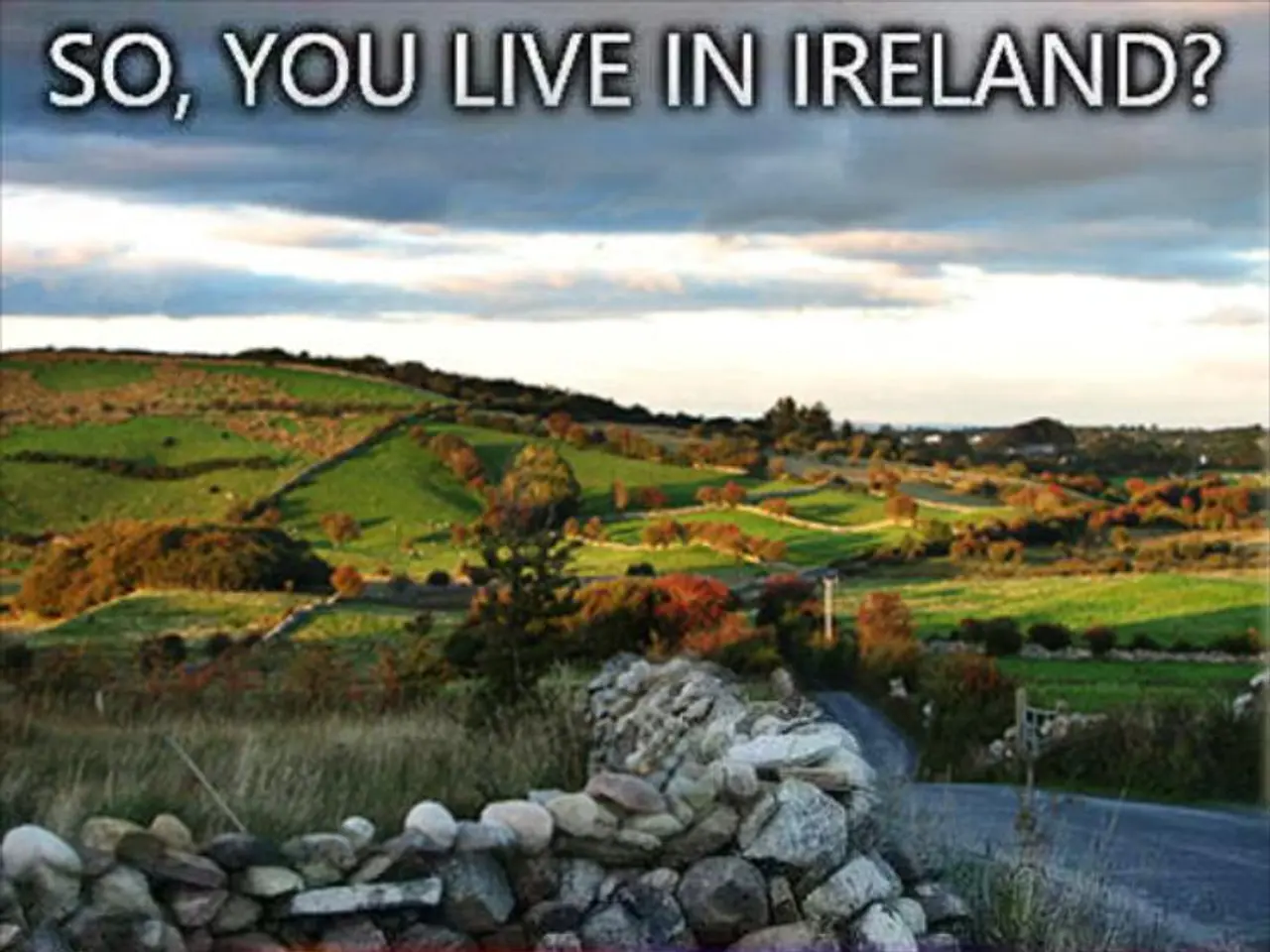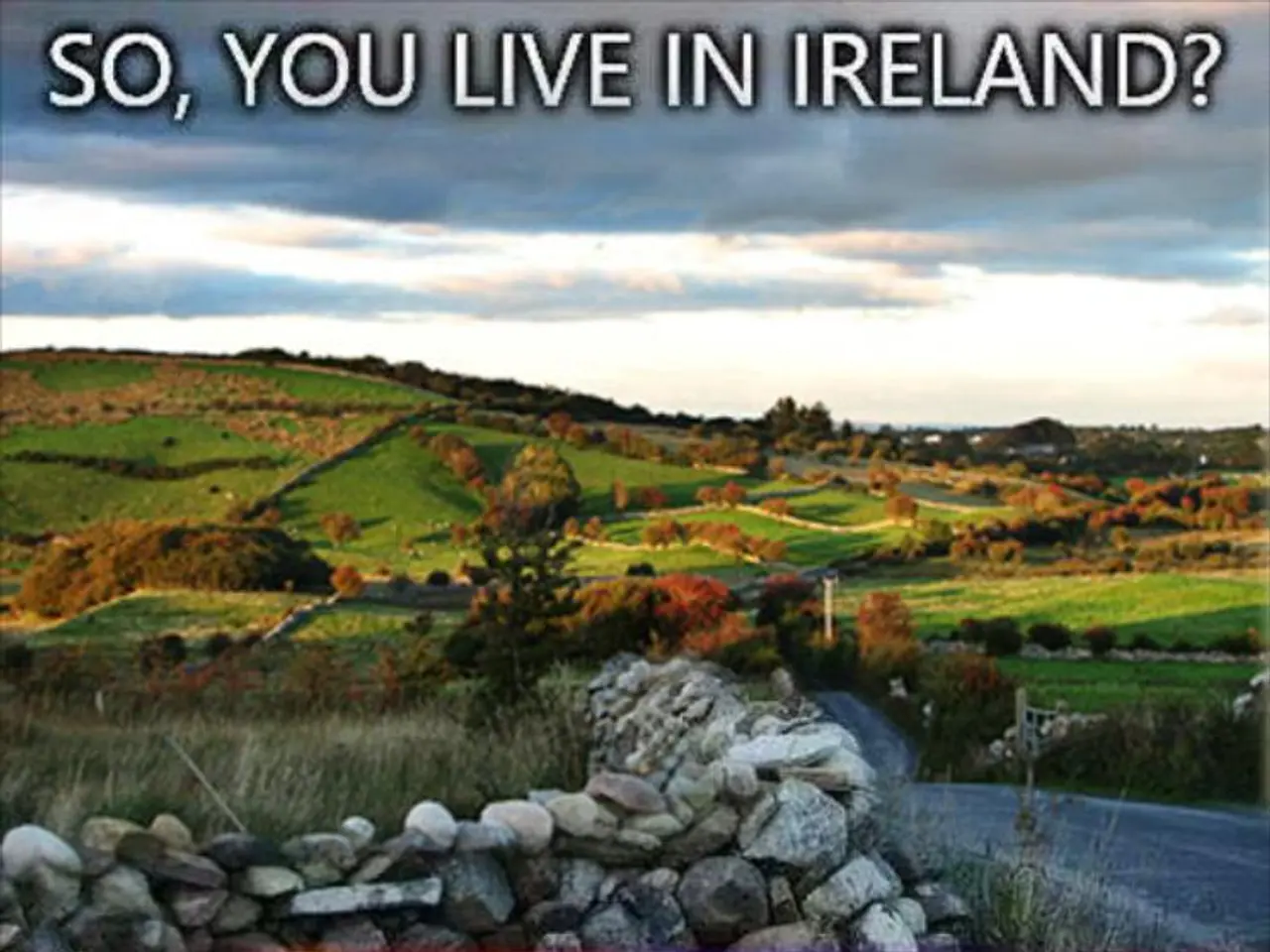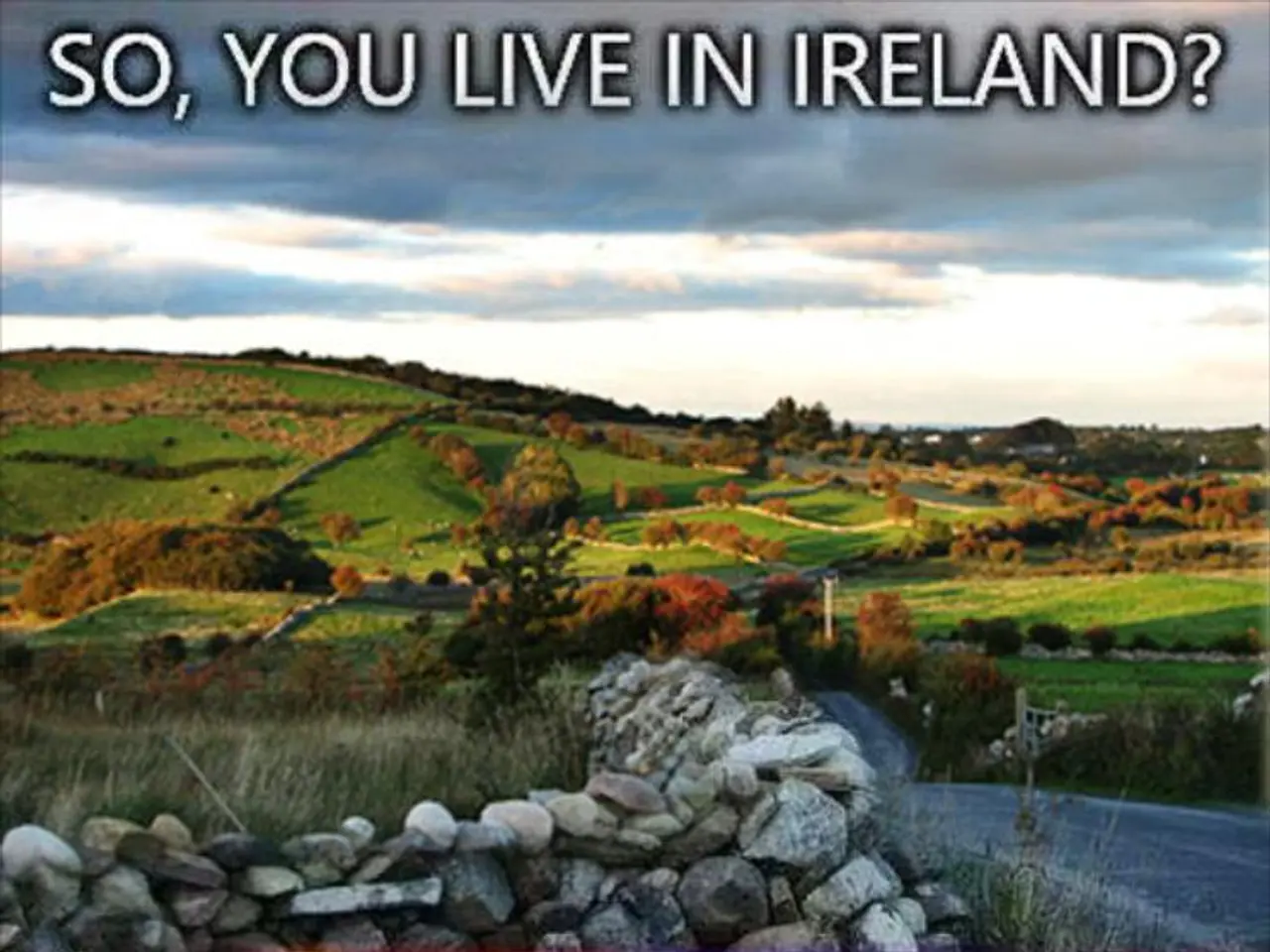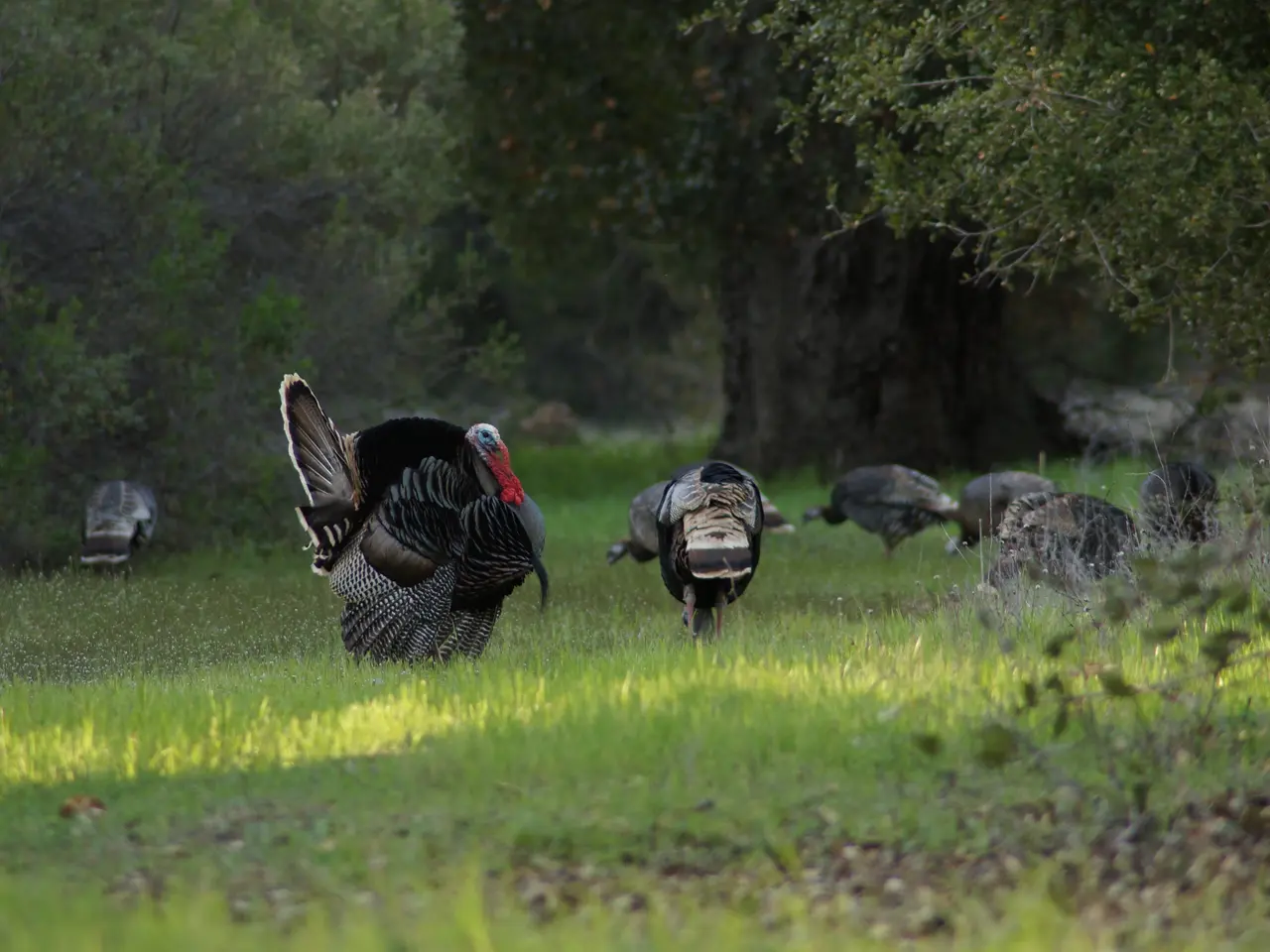Khalid Bin Sultan City - Smaller Sibling to "The Line" Metropolis
In the heart of the United Arab Emirates, a visionary urban development project is taking shape. Khalid Bin Sultan City, planned by BEEAH in collaboration with Zaha Hadid Architects, is set to be a sustainable, smart, and pedestrian-friendly city that embodies the core values of sustainability and innovation at a city scale.
The city is designed with net-zero-ready infrastructure, AI-powered systems, circular resource management, and a citywide digital twin for real-time smart urban operations. It will operate on renewable energy sources such as solar and waste-to-energy systems, promoting low-carbon emissions and featuring on-site waste treatment facilities that support circular economy principles.
One of the key features of Khalid Bin Sultan City is its pedestrian-friendly and climate-resilient urban design. The city is centred around a 1.2-mile shaded linear park, a green spine, with sculpted landscapes, courtyards, and communal spaces that encourage social interaction. Walkability is prioritized through shaded walkways, recessed facades, colonnades, tree-lined boulevards, and the proximity of civic amenities within a five-minute walk from every home.
Seven distinct residential neighbourhoods, each organised around public plazas, community hubs, cultural venues, sports facilities, wellness clinics, bike trails, and children’s play areas, will foster wellbeing and social connection. The development spans a 1.5-kilometer plot near BEEAH’s headquarters and will include approximately 1,500 residential units. Phase 1, launching by November 2029, will deliver 400 homes comprising 2-4 bedroom townhouses and 3-5 bedroom villas, along with community facilities and part of the middle park.
Khalid Bin Sultan City will also offer employment opportunities in construction and related sectors as the city builds out over multiple phases. The city's design follows guidelines for net-zero emissions, pedestrian-friendly design, smart city technologies, and sustainability. It will feature a central oasis that runs for two kilometers, offering walking and cycling paths, shaded inner courtyards, and public gathering areas.
The city's mobility infrastructure will include electric vehicle charging stations, bike paths, and an electric public transport system, aiming to create a car-lite city with shared mobility services. Public spaces will encourage movement and relaxation for mental and physical well-being. The city aims to connect industry, retail, and leisure activities between the north and south through a green axis.
Khalid Bin Sultan City will promote health with sports and wellness centers, healthcare facilities, and healthy eating options. Water and plants will help manage heat in the city. The city's infrastructure will be designed to be operated independently of the grid, with solar energy plants and waste-to-energy plants providing energy.
Water management in the city will involve the collection and treatment of rainwater and gray water for use in plant irrigation, promoting resource conservation and biodiversity. Local cafes and markets will offer regional products and balanced options. The project is being built in the Rodhat Al Sidir area in Sharjah, United Arab Emirates, and will adhere to LEED standards for net-zero infrastructure.
Air quality monitoring systems will ensure a safe environment in Khalid Bin Sultan City. Unlike many previous city developments in the Gulf region, Khalid Bin Sultan City is designed to be car-free and focused on pedestrians. The city will have a mixed-use area with business and creative zones, a design and innovation center, incubators for the creative economy, and cultural institutions.
Overall, Khalid Bin Sultan City represents a holistic urban framework blending sustainability, technology, culture, and people-centric design to serve as a replicable model for future smart cities in the UAE.
- The sports facilities in Khalid Bin Sultan City will contribute to promoting health among its residents.2.The city's design, with its pedestrian-friendly layout and focus on public spaces, will also cater to the enjoysment of various sports.
